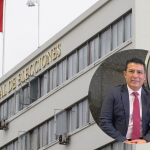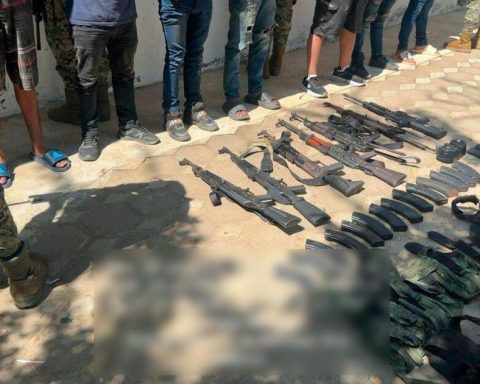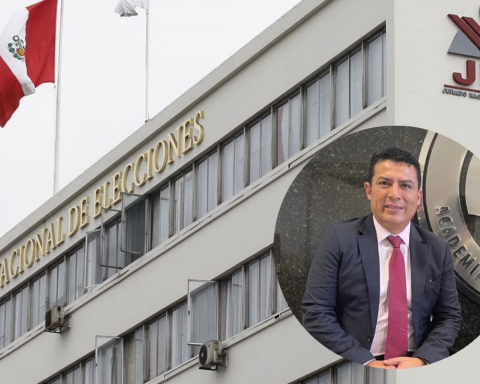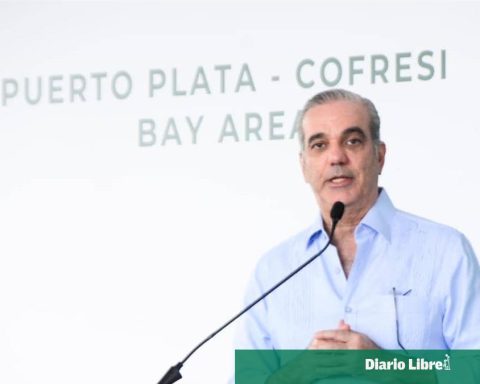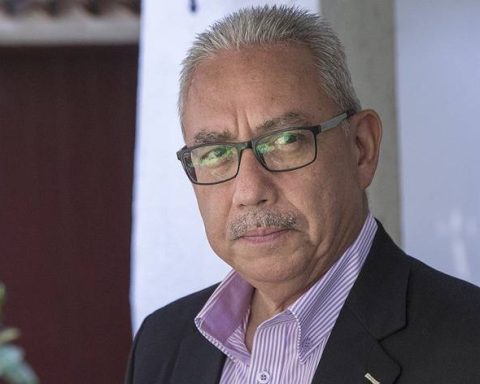The second round of the presidential elections had 570,400 more voters than in the first round. Despite the reduction in abstention, which fell from 20.95% to 20.59%, the distribution of absentee voters was not balanced among Brazilian states. Sixteen federation units had a reduction in the abstention rate, while in 11 of them there was an increase. 
Abstentions fell more in the states where President Jair Bolsonaro won than in the states led by Luis Inacio Lula da Silva when comparing the second round with the first round of elections. Of the 13 federation units in which the President of the Republic and candidate for reelection by the PL won in the 1st round, ten had a reduction in abstentions.
In the sum of these 13 federation units (12 states plus the Federal District) that gave Bolsonaro the victory, the number of voters who went to the polls in the second round increased by 455,800 people.
The highlights were the states of São Paulo, with 190,800 more voters voting in the second round, Paraná (71,700 more), Rio de Janeiro (63,700 more) and Santa Catarina (55,500 more ). On the other hand, abstention rose in Acre (minus 35,200 voters), Roraima (minus 19,100) and Mato Grosso do Sul (minus 5,400).
In the 14 states where president-elect Lula won in the first round, abstention decreased by just six. In the balance of these 14 locations, the number of voters grew by 109.7 thousand, that is, 346.1 thousand less than in the units of the federation where Bolsonaro led.
The main highlight was Minas Gerais, with growth of 210,300 voters in the second round. Bahia (over 97.3 thousand) and Pernambuco (over 62.7 thousand) also stand out.
Of the other eight states that had an increase in abstention, four are in the North region, which had 195,500 fewer voters in the second round than in the first round. Pará registered 87,100 fewer voters.
In Amapá, the state that had the highest percentage increase in abstention (7.66 percentage points, from 19.51% to 27.17%), 42,100 voters stopped voting. It was also the only state where a change in the end result occurred. In the first round, the victor had been Lula. In the second, it was Bolsonaro.
In the Northeast, where Lula won in all states, five had a decrease in abstentions and in four, an increase. The greatest growth in the number of absentees in the region was observed in Maranhão, with 65,600 fewer voters in the second round.
In the electoral zones abroad, where Lula also won in the first round, 5,900 more people went to the polls in the second round.








